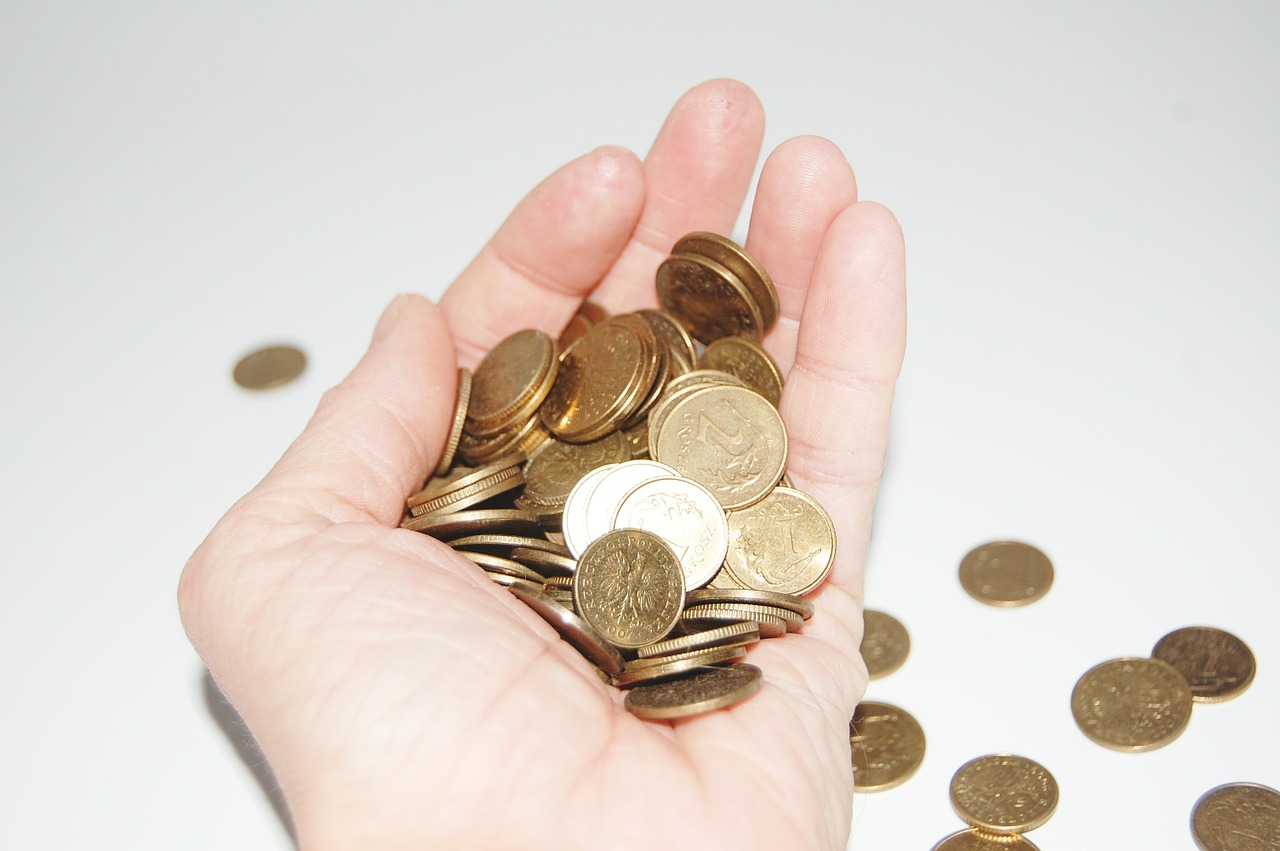On many occasions you’ve probably felt like money controls your life. Perhaps you wanted to go for the weekend to the countryside or to the beach, but you could not because you had no money; possibly you needed to pay the electricity bill, but you had to leave it for the next month because you just barely had the money needed for groceries; your vehicle broke down, but you could not fix it because you had to deal with other priorities; In addition, your credit card was about to burst and you didn’t even pay the minimum quota in hopes that the bank would not notice that default in payment.
Surely, these miserable experiences made you feel bad; your mood and your self-esteem were markedly reduced, you got locked in your money problems, you lost your friends, and your thoughts just invited you to believe that it was all “because of money.”
Money is not responsible for our mood or our daily practices. Fortunately, we alone are responsible for our life and our future. A healthy way to change our perception of money is trying to answer these questions: How do I feel about money? What are my beliefs and expectations about money? Am I able to control my expenses and my savings? Is money the one that is controlling my life, or is it me who should control the money?
Your beliefs, perceptions and expectations affect your emotions and determine the actions you can take to sort your finances and expand your financial slack. I give you an example: as long as you don’t believe that you can be successful in life, you will think that there is no need to succeed in finances, so neither you will be convinced about the need to raise your income or moderate your expenses and, consequently, you won’t have reason to change your patterns of consumption, savings habits or your ideas on investment.
Another example: if you believe you’ll never have enough money to do what you please and live as you dreamed, you will unconsciously deny the control you have over your future (which nobody else but you has) and therefore you will not have aspirations, you won’t feel the need to take on challenges and design your financial road map; you’ll just feel resigned.
The concepts you have about yourself and money significantly influence your attitude and the actions you undertake to achieve your goals. Remember that the only person who controls what you think and feel is you. If you just repeat the phrase: “I have no money” I assure you that you will not be doing yourself any favors; On the contrary, you are reinforcing your negativity and slowly you will drag yourself down emotionally. Similarly, if your favorite phrase is: “my salary is not enough at all”, you will be reinforcing the idea that you are not responsible for what happens to you, but that the fault of your ills belongs to your salary, the employer who pays your salary, the government, or the bank.
Always keep in mind that your personal or familiar experiences with money have an influence on your beliefs and the expressions you use on a regular basis when you refer to it; also, those beliefs influence your values, your attitude and your spending, savings and investment habits; in other words, they affect how you manage your money.
Financial ignorance or poor money management can also cause you mental exhaustion, stress, low self-esteem, and even a decrease in the affection and the quality of our relationships with family and friends. Stay focused on your projects and improve your relationship with money; remember that this relationship affects you personally but also affects your relationship with other people.
Lastly, learn to control your feelings about money. Get rid of negative thoughts like “I’ll be poor all my life”, “I don’t know how to earn more money” or “I can’t do more than what I’m already doing.” Do not forget that you’re the only person able to control your future.
So now you know, control your feelings so that money does not control you.
If you are one of those who wait until they have some leftover money to start saving, you are missing a golden opportunity to achieve financial freedom.
Do not be of those people who still think that savings don’t get along with the debts. It is true that most people believe that what we call “saving” is the money that is “left over”; and it is a mistake to think that way because money is never left over. Consider that saving is simply the part of your income that is not destined for consumption; if you see it this way you will understand that Mr. Savings and Ms. Debt can live together happily ever after; you just need to be aware of what is truly important to you, to have ideals, will, and a certain discipline in terms of how you manage your money.
If you still haven’t started saving, this is the time to do it. There are many reasons, but here are some:
Saving makes it easy to plan your future and achieve goals in life; you will reduce economic dependence on family and friends; you will have greater capacity to respond to emergencies or other unforeseen contingencies; You will not need to contract certain debts that may be difficult to pay; you will be able to plan your trips, holidays or any other recreational activity that you like; you will have some economic slack to help improve the quality of life of your family; you will feel less stressed or overwhelmed against the economic problems of everyday life; You’ll make better decisions regarding your future, your studies or work; you will go building a financial profile that will be helpful when you want to borrow money to purchase your home or buy a vehicle; you also will go consolidating a way of thinking that will allow you organize your income, prioritize your expenses and live without major upheavals after retirement.
You see, saving has advantages that although almost everyone recognizes, many decide not to use. If you are one of those people who find it difficult to start saving, I recommend that at the very moment in which you receive your monthly or biweekly income, set aside a small portion for savings and power it up by trying to spend less on candy, soda, coffee, outings with friends or eating outside the home. Believe me, it is not difficult; you should just keep your commitment to grow the amount of money saved and in the end you will see that it becomes a healthy lifestyle.
REMEMBER: never think you’ll save the money left over and do not expect to have a better chance to start saving. Saving is one of the great tools we have at hand to build the future we want.




MONEY RACE STUDIOS 2020 - ALL RIGHTS RESERVED - LEGAL NOTICE - PRIVACY POLICY